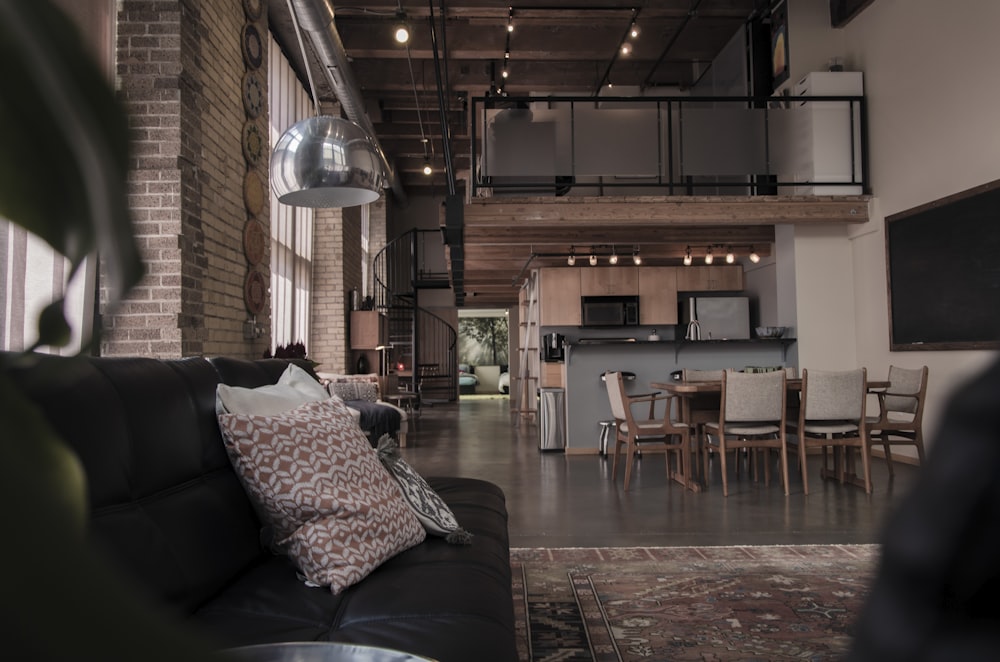Essential Tools for Successful CCR Home Maintenance
Expert Tips for CCR Home Maintenance
Maintaining a home is like tending to a garden; it requires consistent effort and attention to ensure everything stays in top-notch condition. When it comes to CCR (Concrete, Cement, and Reinforcement) homes, there are specific techniques and strategies that homeowners can employ to keep their property in optimal shape. In this article, we’ll delve into expert tips for CCR home maintenance that can help homeowners navigate the challenges of upkeep and ensure their investment stands the test of time.
Understanding the Basics
Before diving into specific maintenance tips, it’s essential to understand the basics of CCR construction. Concrete, cement, and reinforcement materials are commonly used in residential buildings due to their durability and strength. However, exposure to environmental factors such as moisture, temperature fluctuations, and structural stress can lead to wear and tear over time. By understanding the properties of these materials and how they interact, homeowners can better address maintenance needs.
Regular Inspection and Maintenance
One of the most crucial aspects of CCR home maintenance is conducting regular inspections. Homeowners should schedule periodic checks to assess the condition of concrete surfaces, check for cracks or signs of damage, and identify any areas that require attention. By catching issues early on, homeowners can prevent minor problems from escalating into costly repairs down the line.
Sealing and Waterproofing
Proper sealing and waterproofing are essential for protecting CCR surfaces from moisture damage. Applying a high-quality sealant to concrete driveways, patios, and other outdoor surfaces can help prevent water penetration and inhibit the growth of mold and mildew. Additionally, homeowners should inspect caulking around windows, doors, and other openings to ensure a tight seal and address any gaps or cracks promptly.
Maintaining Structural Integrity
Maintaining the structural integrity of CCR homes is paramount to ensuring their long-term stability and safety. Homeowners should pay attention to signs of foundation settlement, such as uneven floors or cracks in walls, and consult with a professional if necessary. Reinforcement materials, such as steel rebars, should also be inspected regularly to detect corrosion or rust, which can weaken the structure over time.
Cleaning and Surface Maintenance
Regular cleaning is essential for preserving the aesthetic appeal of CCR surfaces and preventing the buildup of dirt, grime, and debris. Pressure washing can be an effective method for removing surface stains and restoring the appearance of driveways, walkways, and other outdoor areas. Additionally, homeowners should use non-abrasive cleaners and avoid harsh chemicals that can damage concrete surfaces.
Protecting Against Environmental Factors
CCR homes are exposed to a variety of environmental factors that can impact their durability and longevity. From harsh sunlight to freezing temperatures, these elements can take a toll on concrete surfaces over time. To mitigate the effects of environmental damage, homeowners can apply UV-resistant coatings to outdoor surfaces and use de-icing products sparingly during the winter months.
Investing in Professional Maintenance
While many CCR home maintenance tasks can be tackled by homeowners themselves, some may require the expertise of professionals. From concrete repairs

